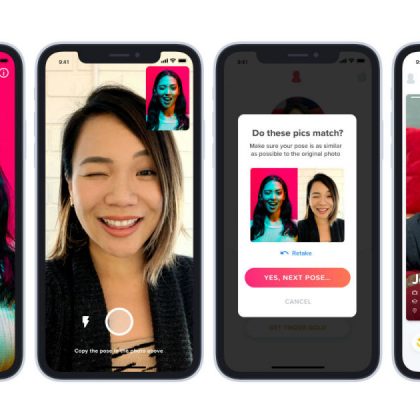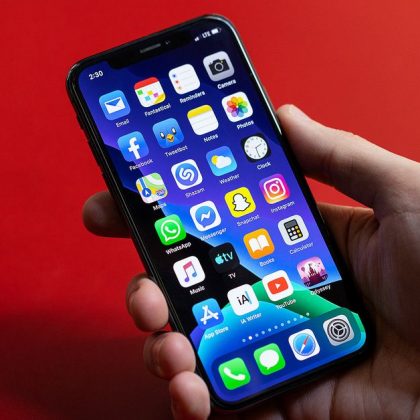As you most likely know by now, the $26.5 billion merger of T-Mobile and Sprint has three final hurdles to clear. One is approval from the California Public Utilties Commission, another is a lawsuit filed by 14 state attorneys general in an attempt to block the deal, and the third bar to clear is obtaining Justice Department approval. The trial might not start until October, which could delay the merger if the judge presiding over the case issues a temporary restraining order blocking the deal from closing until the trial ends. A decision by the California PUC could happen any day. And last we heard, the DOJ had reached a “rough agreement” with T-Mobile and its parent Deutsche Telekom.
The DOJ situation is perhaps the most intriguing. T-Mobile, to win FCC approval, promised to finish 97% of its 5G rollout no later than three years after the deal closes. It also promised to freeze prices for that same period, and spin off pre-paid carrier Boost Mobile. The DOJ, whose focus is on competition, worries that combining T-Mobile and Sprint would reduce the number of major U.S. carriers by 25%. The regulatory agency fears that this would allow the remaining three wireless providers to raise prices at will. So the DOJ essentially said that it would give the merger its blessing under the condition that T-Mobile and Sprint help turn Boost into a major nationwide carrier.
Earlier this month, it appeared that the DOJ, Deutsche Telekom and T-Mobile were hashing out details of an agreement. Dish would buy Boost and some spectrum from T-Mobile and Sprint, and enter into a six or seven year agreement to use T-Mobile’s network while it was spending billions to build its own. In other words, Dish would be a mobile virtual network operator (MVNO) for a few years. This is simply a company that offers wireless service to consumers without actually owning a network of its own.
Talks between T-Mobile and Dish are “halfway there”
Dish had recently said that it wanted a partner to help it build out a 5G network, and the New York Post says tonight that Dish might have found a deep pocketed partner. The paper reports that Alphabet director Alan Mulally has been in talks with Dish about building a new major U.S. carrier. Alphabet, of course, is Google’s parent company. A Post source says, “There’s no question they are talking.” Other sources tell the Post that the situation is fluid and that there is no guarantee that Alphabet and Dish will reach an agreement of their own.
Google denies that it is in talks with Dish and released a statement that says, “These claims are simply false. Google is not having any conversations with Dish about creating a wireless network.” Deutsche Telekom has been asking that any deal involving Dish purchasing Boost include a cap preventing a third party from buying more than a 5% stake in
Read More





